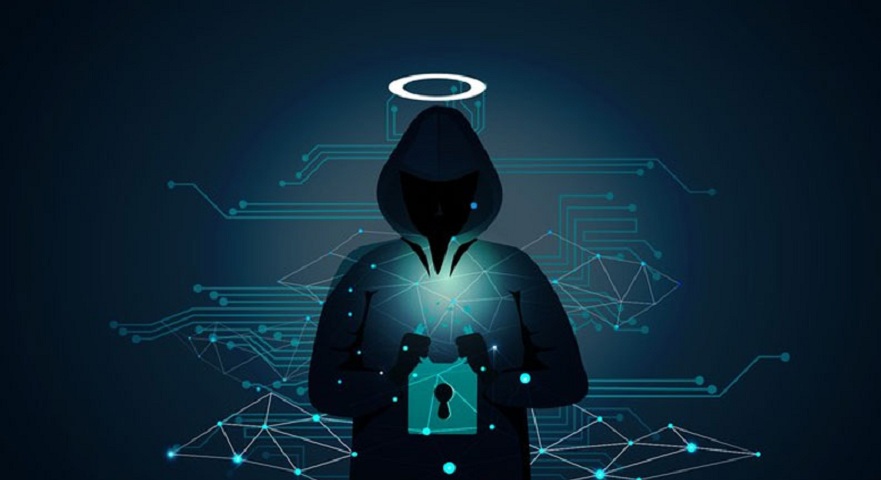Ethical Hacking Course Helps Individuals and Organizations Stay Ahead of Cybercriminals
In today’s digital era, cyber threats have become a significant concern for individuals, businesses, and governments. Cybercriminals are constantly developing new techniques to exploit vulnerabilities in systems, networks, and applications. To counter these threats, ethical hacking has emerged as a vital practice that helps organizations strengthen their cybersecurity defenses. Ethical hacking courses provide professionals with the necessary knowledge and skills to identify, analyze, and mitigate security risks before malicious hackers can exploit them. Ethical hacking, also known as penetration testing or white-hat hacking, involves simulating cyberattacks to uncover security weaknesses in an organization’s IT infrastructure. Unlike malicious hackers who exploit vulnerabilities for personal gain, ethical hackers use their expertise to improve security. By enrolling in an ethical hacking course, individuals can learn how to think like cybercriminals, understand attack vectors, and develop countermeasures to protect sensitive data and systems. One of the main benefits of ethical hacking courses is that they equip cybersecurity professionals with hands-on experience in real-world scenarios.

These courses cover a wide range of topics, including network security, web application security, cryptography, malware analysis, and social engineering. Learners gain practical skills in identifying vulnerabilities, conducting penetration tests, and implementing security measures to prevent cyber threats. The knowledge acquired from these courses helps individuals secure their own data while also making them valuable assets to organizations seeking skilled cybersecurity professionals. For businesses, ethical hacking training plays a crucial role in preventing costly cyberattacks. Data breaches can result in significant financial losses, reputational damage, and legal consequences. Organizations that invest in ethical hacking education for their IT teams can proactively identify security loopholes and fix them before attackers can exploit them. By conducting regular security assessments and penetration tests, companies can strengthen their defenses, comply with regulatory requirements, and build trust with customers by ensuring the safety of their data. Ethical hacking certifications such as Certified Ethical Hacker CEH, Offensive Security Certified Professional OSCP, and GIAC Penetration Tester GPEN are highly regarded in the cybersecurity industry.
These certifications validate an individual’s skills and knowledge, making them more competitive in the job market. With the increasing demand for cybersecurity professionals, ethical hackers can pursue rewarding career opportunities in various sectors, including finance, healthcare, government, and IT services. Additionally, ethical hacking courses help individuals develop a hacker mindset, which is essential for staying ahead of cybercriminals. Cyber threats are constantly evolving, and traditional security measures alone are not sufficient to combat sophisticated attacks. By understanding how hackers operate, cybersecurity professionals can anticipate potential threats and implement proactive security measures. This knowledge enables them to respond quickly to security incidents, minimizing the impact of cyberattacks on organizations. As cybercrime continues to rise, corso ethical hacking has become a necessity rather than a luxury. Whether for individuals looking to advance their careers or organizations aiming to protect their digital assets, ethical hacking courses provide invaluable knowledge and skills.